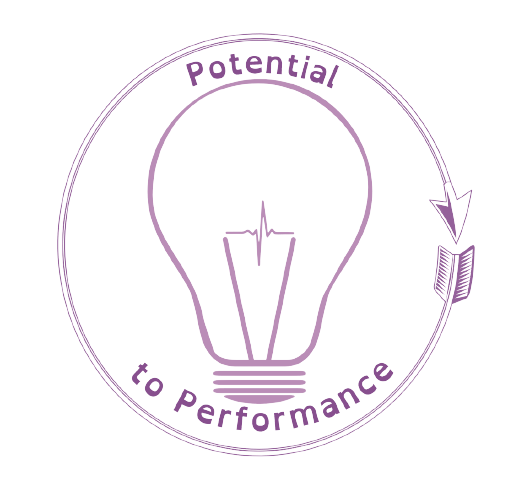by Deb Walker
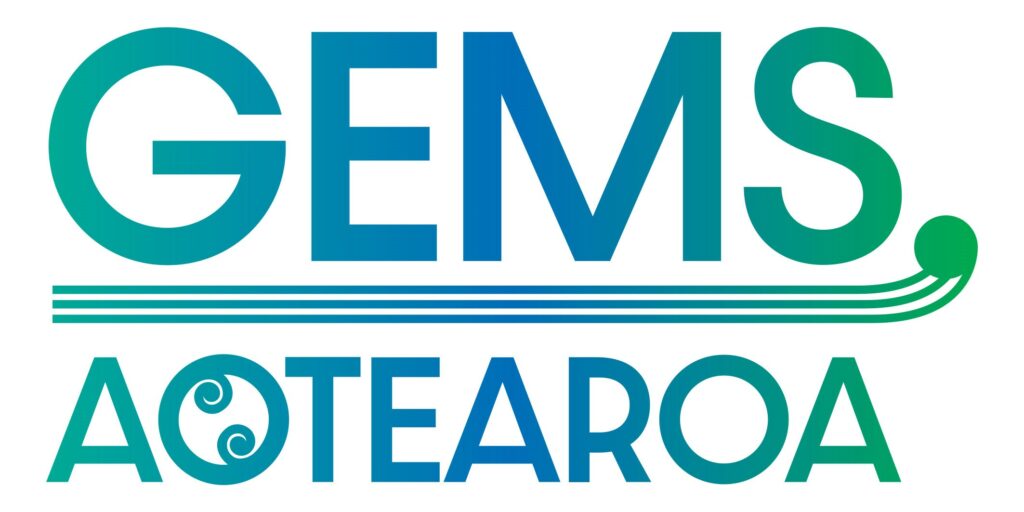
Drawing from my teaching experiences in New Zealand, Canada, and the UK, it’s clear to me that educators in Aotearoa New Zealand stand out as some of the finest globally. This assertion is supported by a 2016 OECD report ranking New Zealand fourth out of 35 countries. Additionally, a 2018 report highlights the prevalence of innovation, collegiality, collaboration, and effective teaching methods within the education system.
In general, our educators, spanning across various sectors, consistently exhibit qualities of reflection, adaptability, and resourcefulness. They are deeply committed to providing inclusive and culturally-sensitive educational approaches that benefit all students. Given this impressive dedication to teaching, as an educator immersed in gifted education, it is at times somewhat frustrating to observe the scarcity of support systems for our gifted learners.
The notion of giftedness sparks heated debates among educators, often immersing them in a realm of misconceptions, inadvertent biases, disputes over equity and equality, and discomfort with regard to our egalitarian culture. Nevertheless, regardless of our varying perspectives on this concept, it is important to note that the Learning Support Action Plan (2019-2025) has categorised gifted learners within the learning support framework and has established them as a priority for assistance and attention.
Over the last month, eager to discover the impact of this change, I had the privilege of visiting five schools in New Zealand that have embarked on a deliberate journey to provide support for their gifted and multi-exceptional learners. These visits left me deeply inspired, especially because each school had adopted a unique approach, demonstrating that initiating support for gifted learners is, in fact, a manageable endeavour once you take the first steps. There were also many consistent and important messages which emerged during my visits.
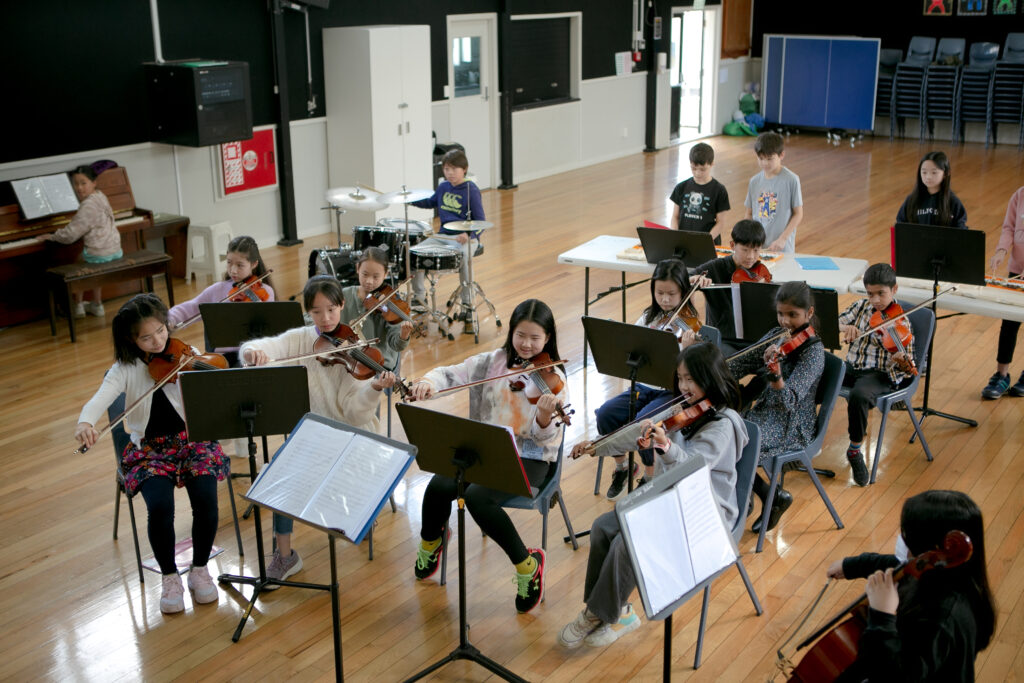
Key messages from the field
- Acknowledge it’s okay to be in a space of learning and that learning collaboratively is beneficial
“In the beginning, we (the Horokiwi Gifted Team Cluster) were all so unsure about giftedness and gifted education and it was nice to sit in that unsureness together. As we’ve progressed, we’ve been able to share our achievements, and challenges and support each other in our next steps towards supporting our gifted learners.”
Megan Walters (Teacher) Bellevue School, Newlands, Wellington
- Develop a deliberate plan and/or approach and give someone the responsibility to implement it
“The wish list that we created around supporting gifted learners is now our roadmap, our ‘where to next’ and we’re using those ideas to plan for the future.”
Megan Walters (Teacher) Bellevue School, Newlands, Wellington
“Our LEAP programme is a deliberate development to better meet the needs of our gifted learners. We’ve consulted with staff, students, the Board and our community as well as other colleges delivering programmes targeted at gifted.”
Melissa Powell (Head of Faculty Arts) Rosehill College, Auckland
“As we explored our gifted supports, we realised we needed to separate the learning support role into two parts and really allow another educator to oversee our gifted and twice-exceptional learner provisions.”
Amanda Kitiona (Learning Enrichment Manager) Queen Margaret College, Wellington
- Know your gifted and twice-exceptional learners
“Study and PLD in gifted education have made me really think about the gaps that our gifted learners were experiencing in terms of enrichment, acceleration and differentiation in the classroom. I better understand their needs and have clearer ideas on steps needed in our setting.”
Melissa Powell (Head of Faculty Arts) Rosehill College, Auckland
“Knowing your learners is really important. They are all superstars and they all can shine, but we need to understand where they are coming from and nurture them into the right path so they can take every opportunity and enjoy their learning and strive towards far horizons.”
Vasati Vaoiva (Tumuaki) Sir Edmund Hillary Collegiate Junior School, South Auckland
“Truly unpack every bit of data you can collect on your learners to really understand them; only then will you really be able to create provisions that authentically meet holistic needs.”
Jayne-Ann Young (Principal) Queen Margaret College, Wellington
- Foster a strength-based culture and build on what you already have
“Our school culture focuses on the strengths of students and teachers and what they bring to the school.”
Annette Borgonje (Principal) Bellevue School, Newlands, Wellington
“…implement (strategies) into regular classroom programmes so it’s not an add on, more something that flows really naturally into teaching and learning programmes.”
Liz Love (Team Leader) Maungawhau School, Auckland
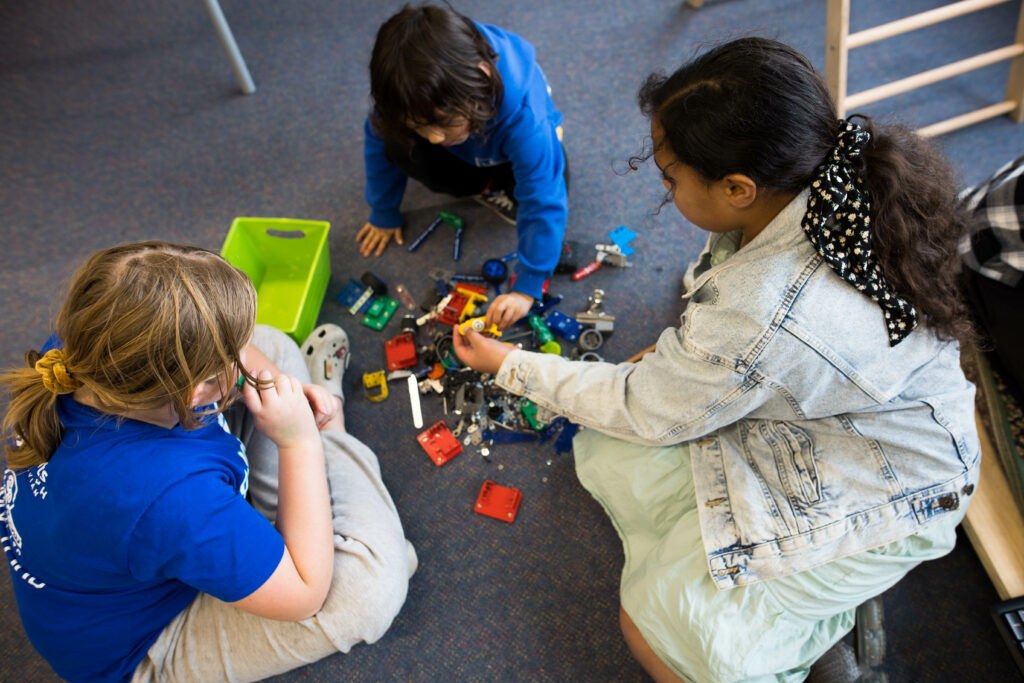
- Let gifted and twice-exceptional learners explore and grow their passions to develop expertise
“For our gifted learners, they need a space to follow their passions but also to shine, to be experts and to share their enthusiasm, drive and abilities with others.”
Jane McCauley (Teacher and Hub Coach) Bellevue School, Newlands, Wellington
“Talent time is an opportunity for students to really explore their individual interests, passions and talents, especially those that we don’t touch on in our day-to-day class programmes.”
Jessica Ge (Class teacher) Maungawhau School, Auckland
- Value depth and complexity in learning
“We value creative thinking in all areas of our school life, and I think that has enabled us to begin to cultivate a learning culture of valuing skills that enables us to stretch all of our students but also stretch our gifted students because we’re deliberately valuing those really deep skills that will extend them.”
Cassie Woodhouse (Teacher and Hub Coach) Bellevue School, Newlands, Wellington
“Using the Depth and Complexity Framework has allowed my students to explore their curiosity and enhance their creativity. It definitely has motivated my students and helped them to develop more complex thinking skills.”
Sera Kim (Class teacher) Maungawhau School, Auckland
- Make changes where they need to be made
“When you are in a time of change and transition and looking to better align your curriculum with the needs of your learners, it’s a good time to ensure your programmes are accessible and exciting for all students, including those who are gifted.”
Leanne Lamb (Deputy Principal) Rosehill College, Auckland
- Don’t be afraid to take your time
“I’d really like us to consolidate our learning and also make sure that we’re upskilling new teachers who come into the school that they are part of this journey and they are able to identify gifted learners and meet their needs in the classroom,”
Tania Plaisier (Associate Principal/SENCo) Maungawhau School, Auckland
“We’ve taken a year to consult on and develop our LEAP programme and will use the start of next year to ensure the gifted learners who most need it, will be able to access the programme. This way we can take the time to really get to know them and their needs first.”
Anita Minton (Teacher) Rosehill College, Auckland
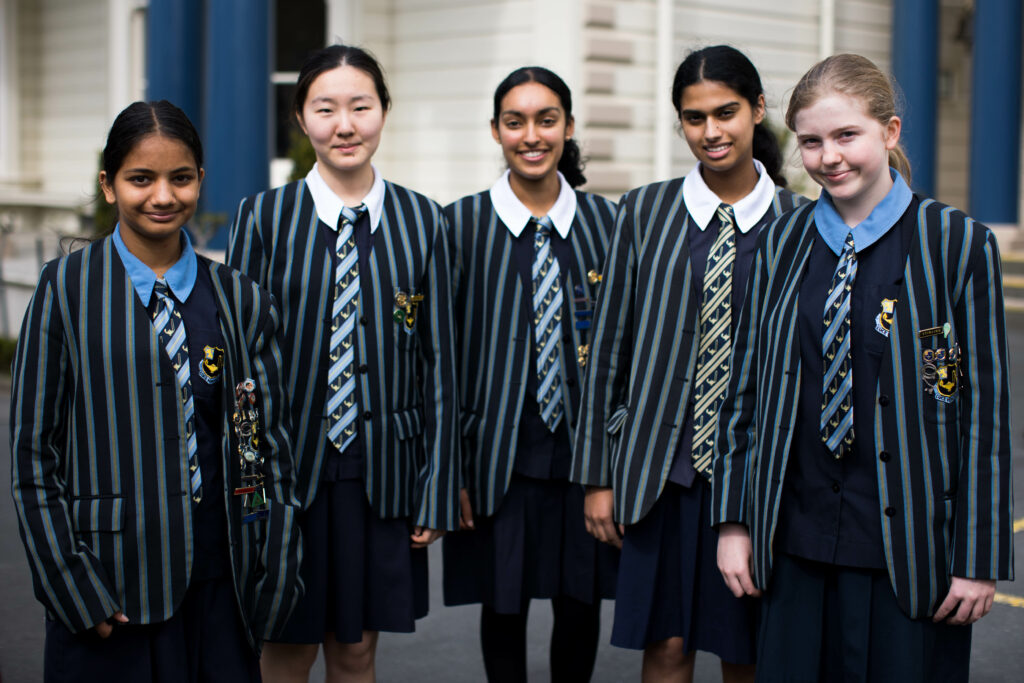
Each of these schools has demonstrated a commitment to learning about giftedness and to meeting the needs of their gifted learners in a manner suitable to their schools’ context and their learners’ needs. Each journey is characterised by its individuality, authenticity, and, at times, encounters with obstacles. Each journey has a plan and definite advancement has been made towards goals in every instance.
These stories have been captured as short video vignettes to be shared on the TKI Gifted website. Our aspiration is that they will serve as a catalyst, encouraging schools to open up about their own experiences and inspiring others to embark on their own unique journeys in supporting gifted learners. We are also sharing a few of them at ULearn 2023, as a way of acknowledging the value of sharing and also of making a deliberate attempt to review current practices for gifted learners and make a plan to build and strengthen that support.
So perhaps there is much more happening in this field than I first thought, and those amazing Kiwi teachers really are providing some true gems for their learners. If you’d like to share your journey with me, I would be really keen to hear from you.
Deb Walker
GEMS Aotearoa, gemsaotearoa@gmail.com
OR Massey University, d.walker@massey.ac.nz
Are you looking for support for your gifted journey? The MoE offers awards to teachers to upskill in gifted education. Look at this page for more details.
